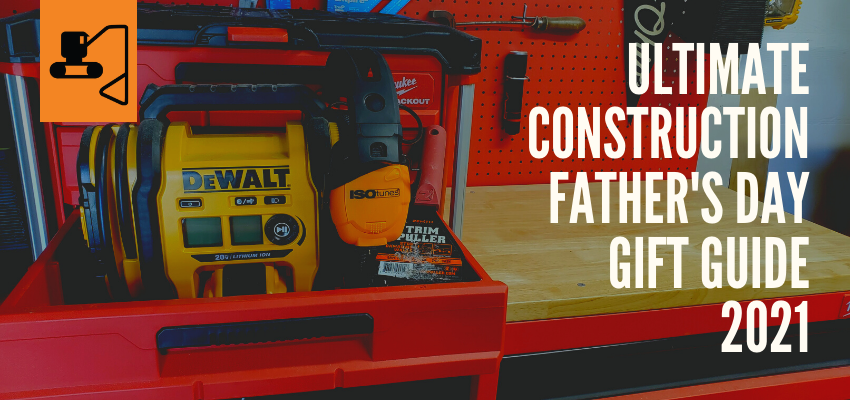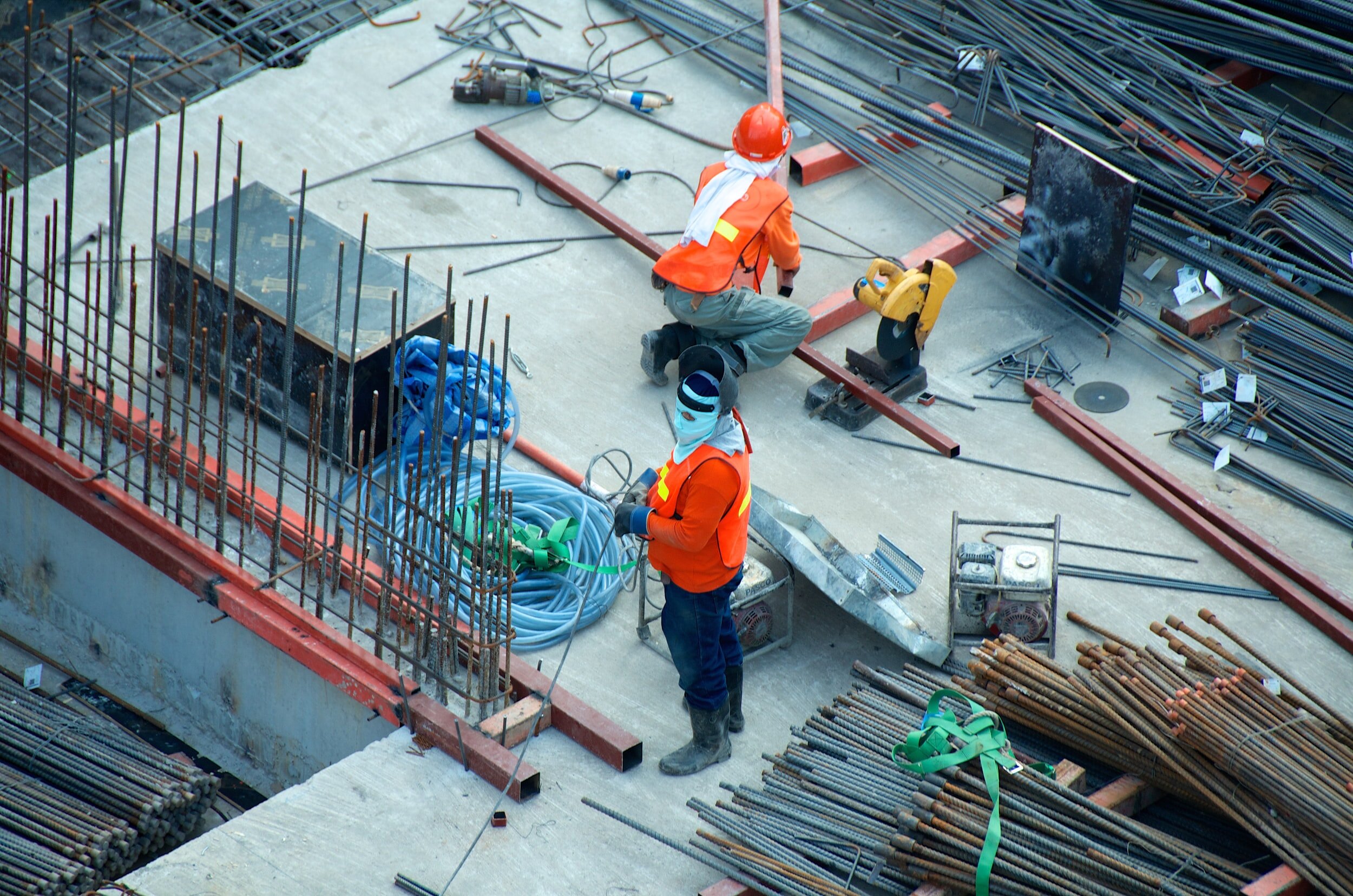The following is a guest post by Justin Gitelman
Justin Gitelman is the Content Coordinator at Levelset, where over 500,000 contractors and suppliers connect on a cloud-based platform to make payment processes stress-free. Levelset helps contractors and suppliers get payment under control, and sees a world where no one loses a night’s sleep over payment.
Among common setbacks in the construction industry, nonpayment is a contractor’s worst nightmare. When calling, sending emails, submitting a preliminary notice, and other measures don’t yield any positive results, you may be left with no choice but to file a mechanics lien.
Whether or not filing a lien has worked for you in the past, or you’re simply doing research in case you need to file one in the future, it’s always a good idea to understand how they work.
Mechanics liens are designed to get you paid, and, as you’ll see in this article, they can be quite effective. In fact, protecting your lien rights are one of the most powerful leveraging tools at a contractor’s disposal, and you may be hard-pressed to find a better alternative.
With that out of the way, we can move on to the 3 reasons you might consider filing a mechanics lien. You know, if you’re into getting paid.
1. A mechanics lien gets the owner’s attention
Whether you’re waiting for payment from a general contractor, a property owner, or a lender, you’re bound to get their attention after you file a mechanics lien.
A mechanics lien is a big wakeup call to the parties at the top of the payment chain, and whatever the reason for nonpayment is, here are a few reasons why they create such a splash:
The lien attaches to their property. Their title is essentially put into jeopardy. This means they can’t sell, refinance, transfer, or do anything else. When a lien is filed, you’ve effectively frozen one of their most important assets.
A mechanics lien is a sign that something is majorly wrong with a construction project. Construction projects can be complicated, and with the larger ones, not everyone in the payment chain may be aware of every contractor on the job. Mechanics liens bring attention to the nonpayment situation that the owner or GC may not have even known existed.
When property owners take out loans for a construction job, liens throw a wrench into the loan process. Without getting the lien resolved, the owner may have to default on the loan.
It’s very difficult and costly to get lien claims removed without paying the contractor or supplier who filed the lien. This means the only way to resolve the situation, in most cases, is to make payment to you.
As you can see, filing a mechanics lien can make some serious waves. Mechanics liens put the property owner in a variety of sticky situations. In some cases, they may even have to pay the contractor twice for the same construction project. It should be obvious why they’d want to avoid that at all costs.
It goes without saying that making such an impact has the potential to speed the payment process up.
2. They are tough to challenge
In most states, your right to file a mechanics lien is well protected. This practice is so old that it’s considered to be one to be one of the first labor laws ever invented. If you live in states like California and Texas, your lien rights are actually outlined in the state constitution. That long and deep-seated history is one of the reasons why it’s so difficult to remove a mechanics lien once it’s filed.
One of the best pieces of advice we can offer is to make sure your lien is filed correctly, and here’s why.
If you make any technical mistakes when filing a lien, it can get thrown out. However, a properly filed lien has the opposite effect. The property owner will have great difficulty persuading a judge to throw it out. Some courts have even awarded attorney fees to the party who filed the lien if the challenge to the lien is overruled—and that’s a huge risk for a property owner to undertake.
That’s why when most property owners receive a valid mechanics lien opt to pay it without the added risk and hassle.
3. Mechanics liens set a firm deadline for payment
Before you file a mechanics lien, you could theoretically wait “as long as it takes” to receive payment. Unfortunately, it’s widely known that construction contractors have some of the longest periods of waiting before they get paid. It’s not uncommon to wait upwards of 70 days. The average payment delay in construction is 83 days.
Although that may just be an industry norm, payment promises simply aren’t enough after a certain point. In these extreme cases, filing a mechanics lien can really help to speed the payment process by establishing a firm payment deadline. If payment still hasn’t been made before that deadline, litigation may begin, and that opens up a whole new can of worms for the property owner in question.
It’s just like it was back in school, when you had all semester to finish a project. When the deadline starts creeping up quickly - it really gets you moving.
Still unsure if a lien is a good idea?
There are many reasons why filing a mechanics lien is an effective way to not only get paid, but also to speed up the payment process. Even the threat of a mechanics lien is a powerful motivator for those at the top of the payment chain - the owner, lender, and GC - to make sure you get paid for the work you’ve completed.
A lot of contractors hesitate to file a lien because they’re worried about damaging an existing relationship with the GC. If you’ve followed the steps to protect your lien rights, then you probably sent a preliminary notice before the project started, and a notice of intent to lien when payment didn’t come through. Hopefully, you kept the lines of communication open by sending invoice reminders and payment demand letters as well. If you’ve been communicating clearly from the start, the GC will already understand your intention to use every tool available to get paid.
If you’re still concerned about stressing a business relationship, consider this: Do you want to keep working for a GC or owner who gives you the run-around every time you try to get paid? A mechanics lien can actually help you separate honest mistakes from payment avoidance - helping you avoid bigger relationship issues in the long run.











